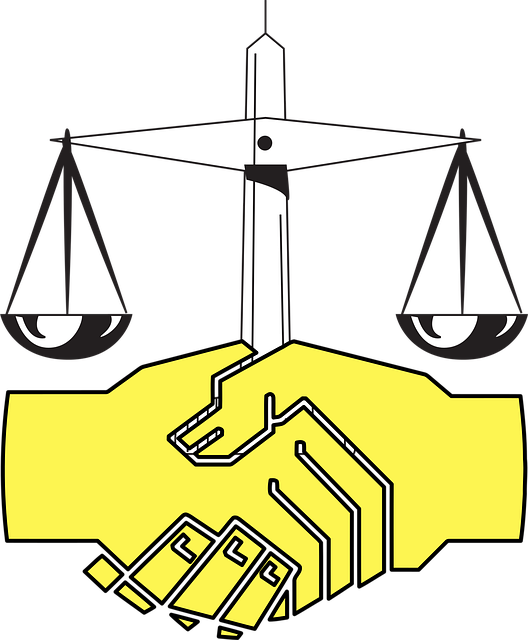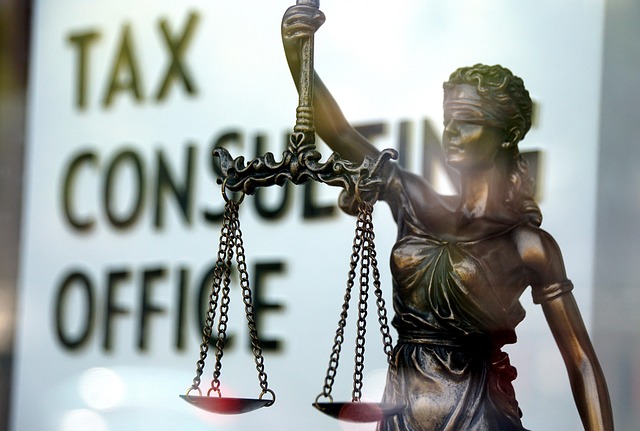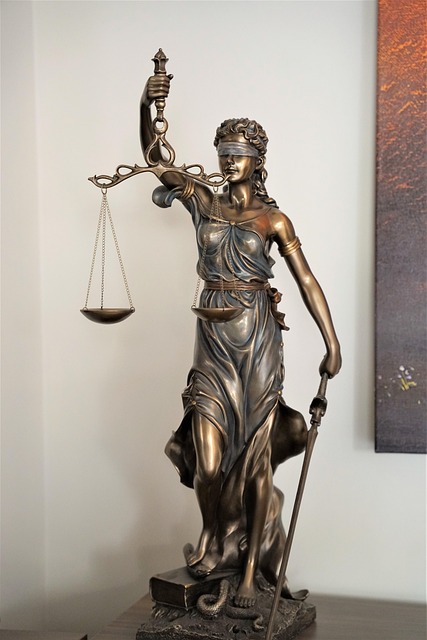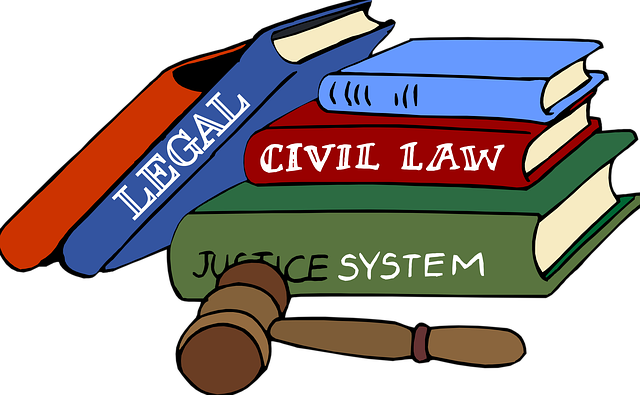Meticulous preparation is crucial for navigating Administrative Law Hearings in public corruption cases. This includes gathering evidence, researching laws and past cases, understanding charges, and strategically planning to counter arguments. Effective presentation, clear communication, and strong legal reasoning are key to achieving favorable verdicts in these high-stakes hearings.
“Uncovering and understanding public corruption charges is a complex process, often shrouded in legal jargon. This article serves as your comprehensive guide through the intricate world of administrative law hearings related to these accusations.
From defining and scoping public corruption to navigating pre-hearing preparation, we offer valuable insights. We delve into essential strategies for success, ensuring you’re ready with strong evidence and a solid legal foundation. Our focus on Preparation Tips for Administrative Law Hearings equips you to present your case effectively and understand your rights in these critical proceedings.”
- Understanding Public Corruption Charges: Definitions & Scope
- Pre-Hearing Preparation: Gathering Evidence & Legal Research
- Navigating Administrative Law Hearings: Procedures & Rights
- Presenting Your Case Effectively: Strategies & Best Practices
Understanding Public Corruption Charges: Definitions & Scope

Public Corruption Charges encompass a wide range of illegal activities where public officials abuse their power for personal gain. This can include bribery, fraud, and misappropriation of public funds. The scope extends to any individual or entity who engages in corrupt practices within government institutions, whether at local, state, or national levels. Understanding these charges is crucial as they form the basis for legal proceedings aimed at holding perpetrators accountable.
When facing Public Corruption Charges, Preparation Tips for Administrative Law Hearings become paramount. Across the country, winning challenging defense verdicts requires a strategic approach. An unprecedented track record of success in such cases underscores the importance of thorough preparation and a deep understanding of administrative law. This involves meticulous review of evidence, identifying legal defenses, and presenting compelling arguments to challenge the allegations.
Pre-Hearing Preparation: Gathering Evidence & Legal Research

Before a Public Corruption Hearing, thorough preparation is key to success for both corporate and individual clients facing administrative law issues. The period leading up to the hearing is crucial for building a robust defense strategy. One of the primary tasks during this phase is gathering compelling evidence that supports your case. This involves combing through documents, records, and any relevant data that can challenge the accusations. Legal research is another vital preparation tip. Studying previous cases, laws, and regulations related to public corruption ensures your team understands the legal landscape and identifies potential arguments to strengthen their defense.
The preparation process should also involve a deep understanding of the specific charges and the evidence required to counter them. This strategic approach allows for a well-informed discussion about potential plea bargains or, if necessary, crafting a compelling presentation for a jury trial—a significant step in navigating complex administrative law hearings.
Navigating Administrative Law Hearings: Procedures & Rights

Navigating Administrative Law Hearings involves a complex dance with procedures and rights that can significantly impact outcomes. These hearings, often crucial for individuals facing public corruption charges, require meticulous preparation. Understanding the rules and regulations that govern such proceedings is paramount. This includes knowing how to gather and present evidence effectively, as well as recognizing and exercising one’s legal rights throughout the process.
Preparation tips for Administrative Law Hearings include thorough research into relevant laws and regulations, careful documentation of facts and witnesses, and strategic planning to counter potential arguments. Avoiding indictment starts with a proactive approach—ensuring every step aligns with legal frameworks. Philanthropic and political communities often find themselves entangled in these hearings, making it vital to navigate them with integrity and a strong understanding of one’s rights. By employing these preparation strategies, individuals can enhance their chances of achieving favorable outcomes in what can be challenging defense verdicts.
Presenting Your Case Effectively: Strategies & Best Practices

When presenting your case effectively during public corruption charges, thorough preparation is key. It’s crucial to understand the legal framework and specific regulations related to administrative law hearings. Start by gathering all relevant documents, records, and evidence that support your position. Organize them in a structured manner to ensure smooth presentation. One of the best preparation tips for these hearings is to anticipate the opposing side’s arguments and have responses ready. This strategic approach can significantly enhance your case’s strength.
Additionally, consider the unique context of public corruption cases. For his clients, whether corporate or individual, understanding the legal complexities and potential implications is vital. Effective communication and clarity in presenting facts and evidence can make a substantial difference. Remember, while these hearings may not involve jury trials, the stakes are high. Therefore, ensure your presentation is compelling, logical, and backed by solid legal reasoning to achieve the best possible outcome.
Public corruption charges are complex and demand meticulous preparation. By understanding the definitions, gathering substantial evidence, and employing effective strategies during administrative law hearings, individuals can navigate these proceedings with confidence. These preparation tips for administrative law hearings ensure a robust defense, allowing you to present your case clearly and assert your rights in an organized manner.






